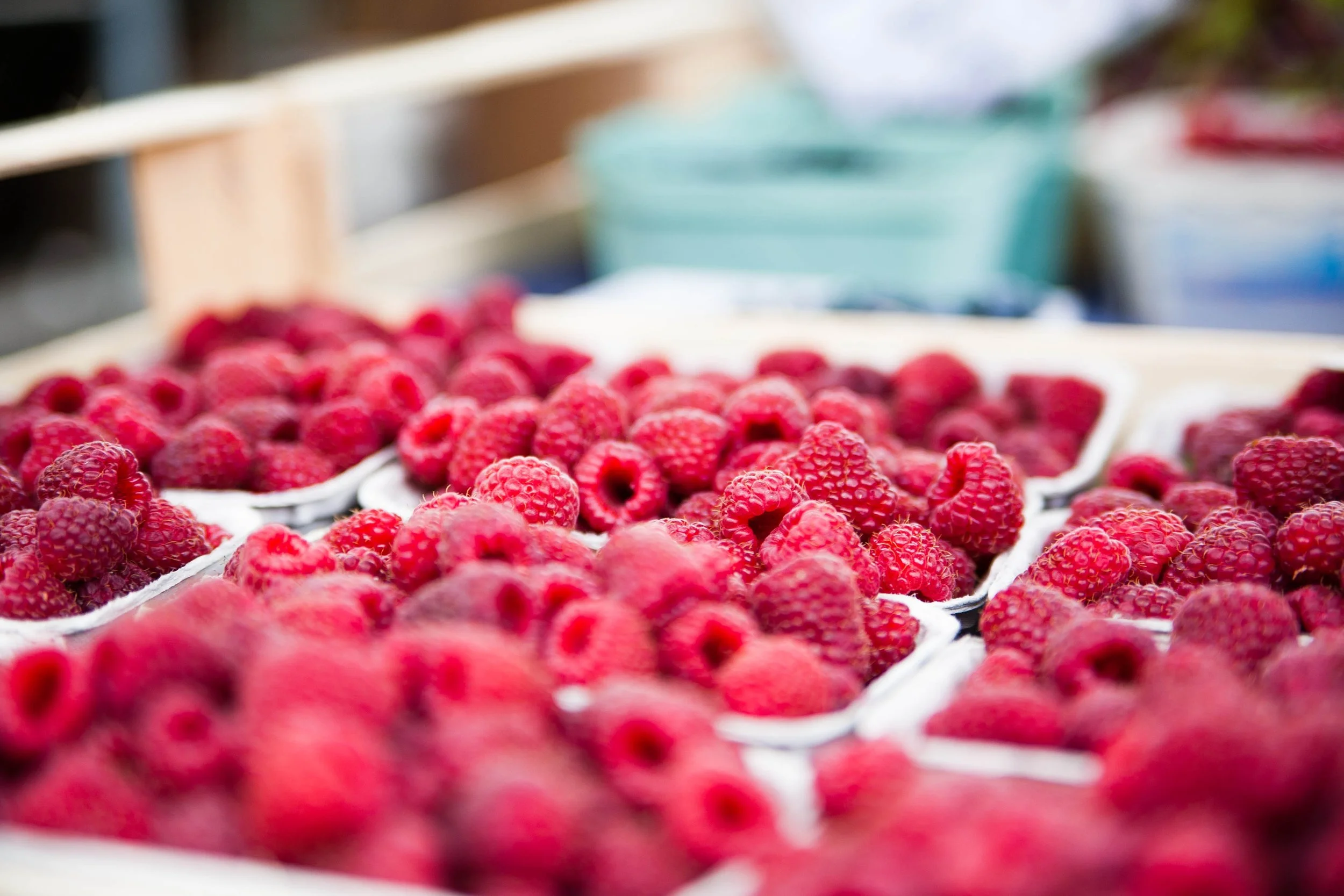It’s no secret that a good diet is a key to health and longevity. But only in recent years have we begun to understand the positive effect of a nutritious diet on the brain. A new study out of Tufts University shows that regular intake of berries, as well as apples and tea, may protect against the cognitive decline caused by different forms of dementia, including Alzheimer’s disease.
In the new study, which monitored participants over 20 years, people who ate foods containing high levels of flavonoids were less likely to develop Alzheimer’s disease and other dementias. Flavonoids are naturally occuring compounds that have the ability to neutralize free radicals, which cause damage to cells over time.
Although the exact amount of flavonoids needed to protect agains such diseases is still unknown, researchers theorize that the compounds’ anti-inflammatory effect is what makes them such powerful protectors against dementia. And three types of flavonoids that are found in berries—as well as apples, pears, green tea, red wine, and onions—are thought to be particularly valuable. While flavonoid supplements can help, researchers say there’s no substitute for incorporating them into your diet through fresh foods.
Study participants who experienced the most protection consumed about 7.5 cups of blueberries or strawberries, eight apples or pears, and 19 cups of tea per month—about 1 apple or pear and a handful of berries every few days, and a cup of tea every other day.
That’s an easily attainable goal for anyone, especially in New York State, where we have a wide variety of farms growing fresh, organic and low-pesticide strawberries, blueberries, blackberries, and raspberries. Here’s how to find a farm near you that’s selling fresh, healthful berries.



